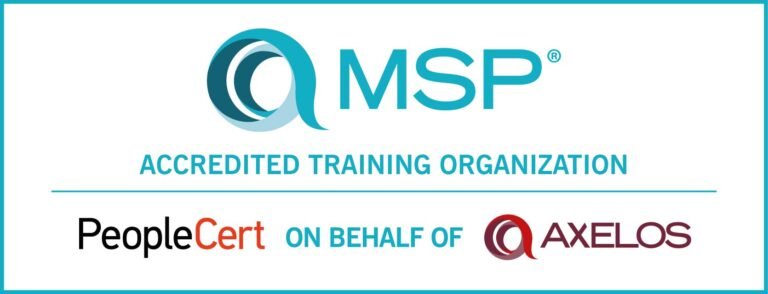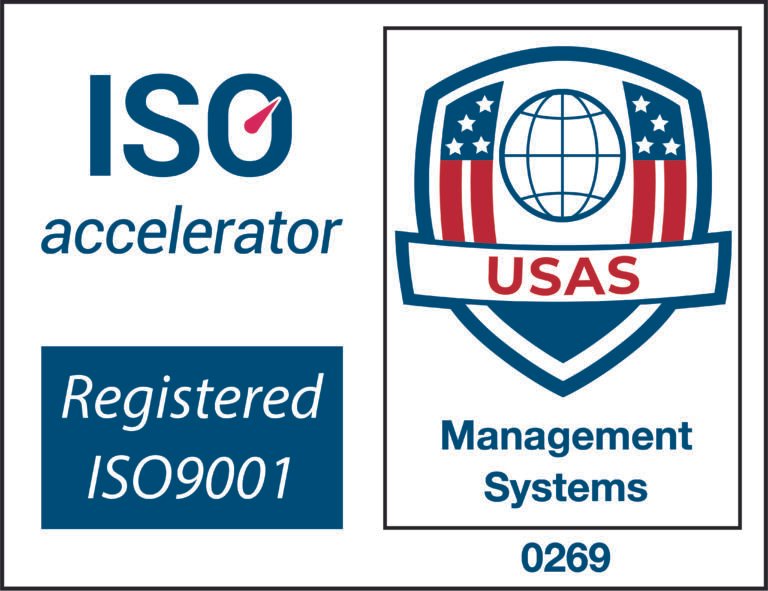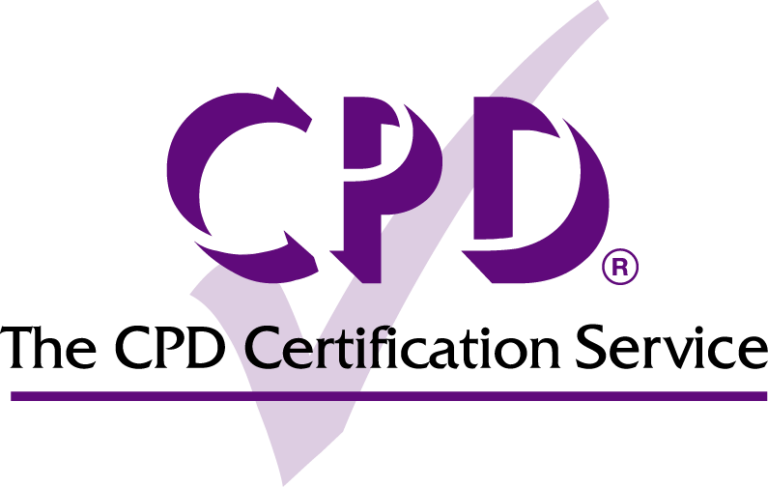In today’s fast-paced and ever-evolving business landscape, continuous education and learning are imperative for professionals who aim to stay competitive, adapt to changes, and excel in their careers. The following points underscore the critical importance of ongoing education for business professionals.
Keeping Up with Industry Changes
Rapid Technological Advancements
Technological advancements are transforming industries at an unprecedented rate. Business professionals must keep abreast of these changes to remain relevant. For instance, the rise of big data analytics, artificial intelligence, and digital marketing requires continuous learning to effectively leverage these technologies in business strategies.
Evolving Market Dynamics
Market conditions are in a constant state of flux due to globalization, economic shifts, and changing consumer behaviors. Continuous education helps professionals understand and anticipate these changes, enabling them to adapt strategies and maintain a competitive edge. According to a report by McKinsey & Company, industries that invest in continuous learning are better equipped to navigate market volatility (Poets&Quants).
Enhancing Skill Sets
Development of New Skills
Business professionals need to acquire new skills to stay relevant. Continuous learning offers opportunities to gain expertise in emerging fields such as digital transformation, sustainability, and innovative business models. This not only enhances individual capabilities but also adds value to their organizations.
Improving Existing Competencies
Regularly updating existing skills is as important as acquiring new ones. Continuous education ensures that professionals remain proficient in their core areas of expertise, which is essential for maintaining high performance and efficiency. The World Economic Forum emphasizes the need for lifelong learning to keep up with the future of jobs (Poets&Quants).
Career Advancement
Increased Employability
Professionals who engage in continuous learning are more attractive to employers. They demonstrate a commitment to personal growth and the ability to adapt to new challenges. According to LinkedIn’s 2023 Workplace Learning Report, employees who continuously update their skills are more likely to receive promotions and salary increases (ERIC).
Leadership Development
Leadership roles require a broad set of skills and knowledge. Continuous education programs, such as executive education and leadership development courses, prepare professionals for higher responsibilities by enhancing their strategic thinking, decision-making abilities, and leadership skills.
Personal Growth and Satisfaction
Intellectual Stimulation
Continuous learning keeps the mind active and engaged. For business professionals, this intellectual stimulation is crucial for creativity and innovation. Engaging with new concepts and ideas fosters a growth mindset, which is essential for both personal and professional development.
Increased Job Satisfaction
Professionals who pursue continuous education often experience higher job satisfaction. Learning new skills and advancing knowledge can lead to a sense of achievement and motivation, contributing to overall job satisfaction and well-being.
Organizational Benefits
Enhanced Organizational Performance
Organizations that promote continuous learning among their employees benefit from improved performance. Well-educated and skilled employees are more productive, innovative, and capable of driving business success. A study by Deloitte found that companies with strong learning cultures are 92% more likely to innovate (Graduate Management Admission Council).
Adaptation to Change
Organizations that invest in continuous education are better positioned to adapt to industry changes. Employees equipped with the latest knowledge and skills can respond to challenges more effectively, ensuring the organization remains agile and competitive.
Conclusion
Continuous education and learning are vital for business professionals in today’s dynamic business environment. They enable professionals to keep up with industry changes, enhance their skills, advance their careers, achieve personal growth, and contribute to organizational success. By embracing lifelong learning, business professionals can navigate the complexities of their industries and maintain a competitive edge.
References
- McKinsey & Company. (2023). The Future of Work: Reskilling and Upskilling.
- World Economic Forum. (2023). The Future of Jobs Report.
- LinkedIn Learning. (2023). 2023 Workplace Learning Report.
- Deloitte. (2022). The Importance of a Learning Culture.
These sources provide further insights into the importance of continuous education and its impact on business professionals and organizations.





